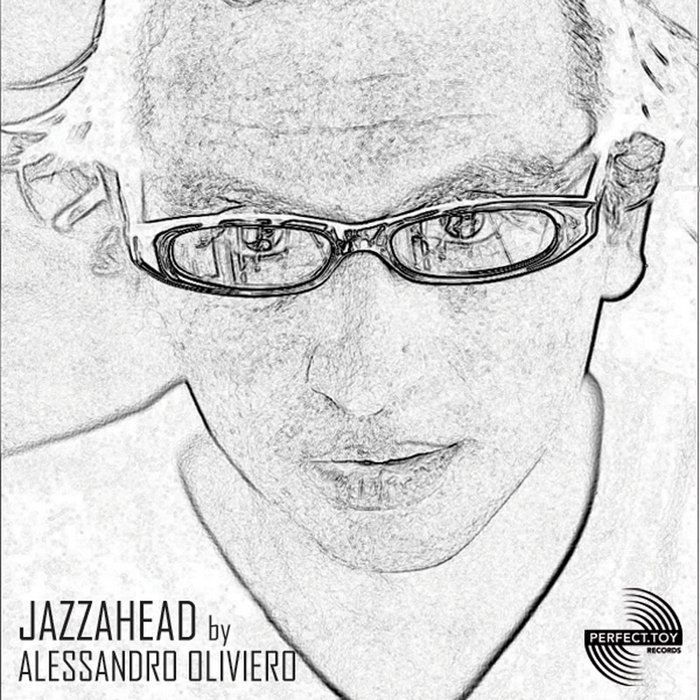
Get Off – Alessandro Oliviero
this blog is GROOVY – check out great Soul, Funk, Jazz, Hip Hop, Bass, Breaks , Reggae, House n many more TUNES
Welcome to the world of lounge music, where the atmosphere is smooth, and the vibes are chill. Let’s dive into this laid-back genre that has captivated listeners since its inception. Get ready for a funky ride through history sprinkled with quirky anecdotes about some lounge legends!
Lounge music isn’t just a genre; it’s a whole mood! Originating in the post-war era during the 1950s and ’60s, it blends jazzy melodies with dreamy instrumentals. Picture yourself sipping on a martini while lounging in a swanky bar adorned with dim lights—this is where lounge music shines.
While it’s often instrumental, vocals can also waltz in gracefully. Think soft jazz rhythms mixed with bossa nova beats or even space-age sounds—a little something for everyone to enjoy while unwinding after a long day.
The roots of lounge music stretch back to cocktail culture following World War II. Jazz was having its moment, but folks wanted more than bebop tunes blaring from every corner diner. They craved something mellow to complement their evening drinks—hence, “lounge” was born!
One of the pioneers in crafting this chill soundtrack was composer Esquivel, who made waves with his “space-age pop.” His orchestra blended surreal sounds, including popping champagne corks and bubbling lava lamps! People were grooving like never before.
With artists like Martin Denny bringing exotic influences into play, right around this time we saw what’s called “exotica.” This subgenre served up tropical vibes featuring marimbas and bird calls—all designed to transport you straight to foreign shores without leaving your couch!
Funny fact: Martin Denny once performed at an event where he brought live animals on stage! Yep, that meant actual parakeets hanging out while he played—talk about making your set lively!
Fast forward to the ’90s when people started experiencing nostalgia for all things retro—and what better way than through funky lounge tracks? Labels began reissuing classic albums from earlier decades; suddenly vinyl records were hip again!
Thanks largely to cinematic gems like “Swingers” and “The Big Lebowski,” lounge became synonymous with relaxed sophistication. Musicians such as Brian Setzer helped revitalize this scene by blending elements from rockabilly alongside loungy vibes—the result? An instant party wherever they went.
In the early 2000s came nu-lounge—a modern twist inspired by those vintage tunes but infused with contemporary flair. Artists like Thievery Corporation and DJ Shadow exemplified this soundscape—blending electronic beats seamlessly into that lush ambiance everyone loves.
But did you know? Thievery Corporation originally bonded over their mutual love for obscure vinyl records—they’ve been crate digging together ever since! Those two have put their passion for rare finds at center stage—and boy does it show!
Let’s take a closer look at some unforgettable figures within our beloved genre:
Kurt Weill: Not just your average composer; he collaborated closely here too! His songs often took surprising turns—from cabaret-style numbers reminiscent of German nights gone wild!
Les Baxter: A pioneer who created lush orchestral scores filled with romance and intrigue—you could say his work truly defined what “lounge” sounded like.
Julie London: With her sultry voice gracing countless albums throughout both jazz & lounge landscapes alike—it wasn’t just her smoking looks getting attention either (though let’s be honest… they didn’t hurt).
Here comes another fun tidbit: Julie recorded one album titled “Ballad Of The Blues” which featured the enchanting track “Cry Me A River.” Turns out she had no idea it would become legendary—it was merely one tune among many on an album nearly forgotten today!
Today’s lounges continue buzzing alive thanks not only vintage revivalism but also creative minds looking towards fusion genres—from downtempo electronica intersecting fluidly within traditional frameworks seen overtly across platforms globally.
Artists including Nicolas Jaar infuse unique sonic textures into laid-back realms—we’re talking mesmerizing grooves coming straight off festival stages back home where chilled-out crowds unite effortlessly amidst swaying palm trees lining coastal venues worldwide #VibeCheck
So next time you slip into cozy sweats or settle down after busy hustle-bustling life outside remember get yourself immersed comfortably riding those silky lounges providing perfect backdrop rejuvenation awaits eagerly ahead within warm embrace accompanied sweet treats lovely memories dance foregone past still echo lovingly present moments cherished forevermore 🎶✨
Ultimately whether sitting alone catching rays sunning red rosé sipping leisurely company friendship laughter flowing naturally mellifluous notes wrapping paradise around timeless enchantments beckoning hearts beat along harmoniously groove known simply ‘lounge’ timelessness always returns beautifully alive splendorous rhythmically blissful ambience )_(
And there you have it—the journey through lounge music’s history paired perfectly with interesting tidbits about musicians who shaped its legacy! Now get groovin’ in style while vibing smoothly wherever life takes ya!

Get Off – Alessandro Oliviero
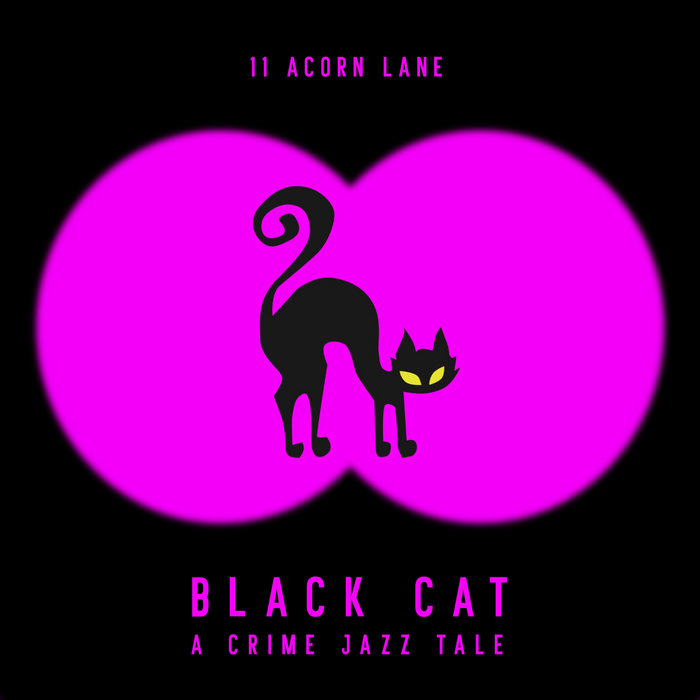
Black Cat (A Crime Jazz Tale) – 11 Acorn Lane
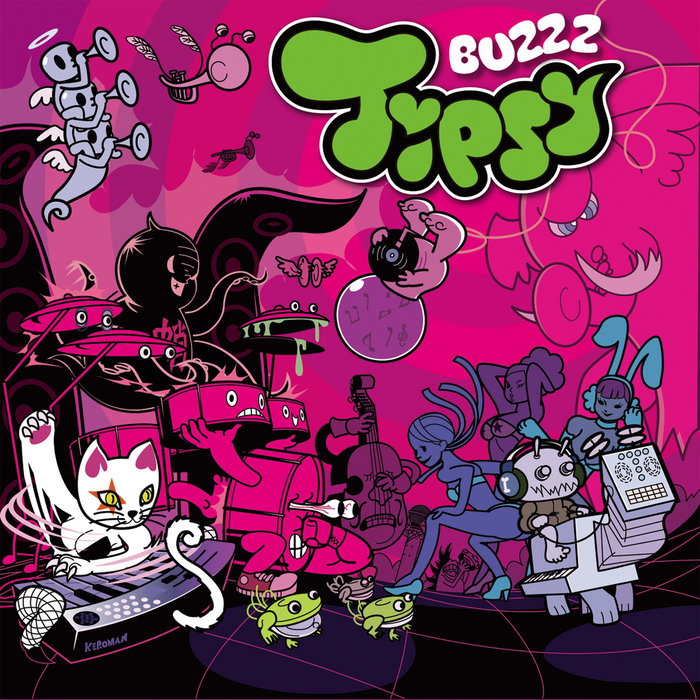
Good Little Demon – Tipsy
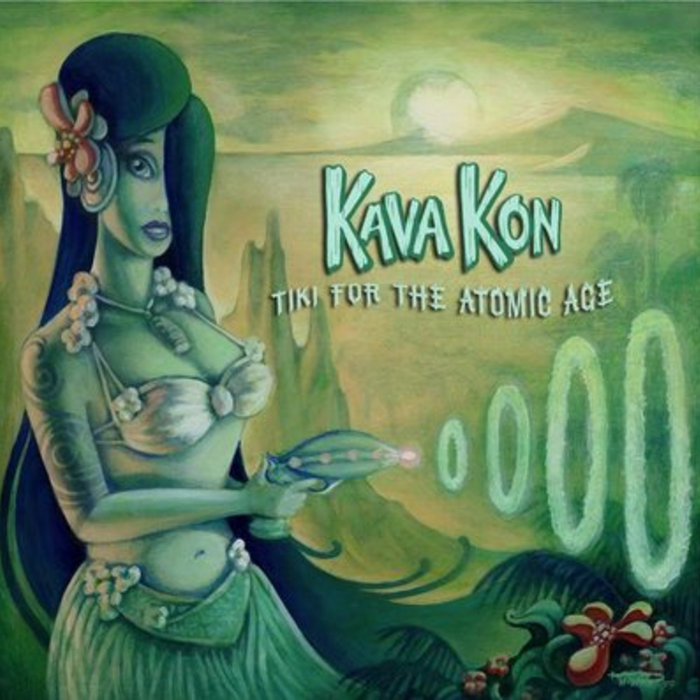
Palace of the Tiger Women – Kava Kon
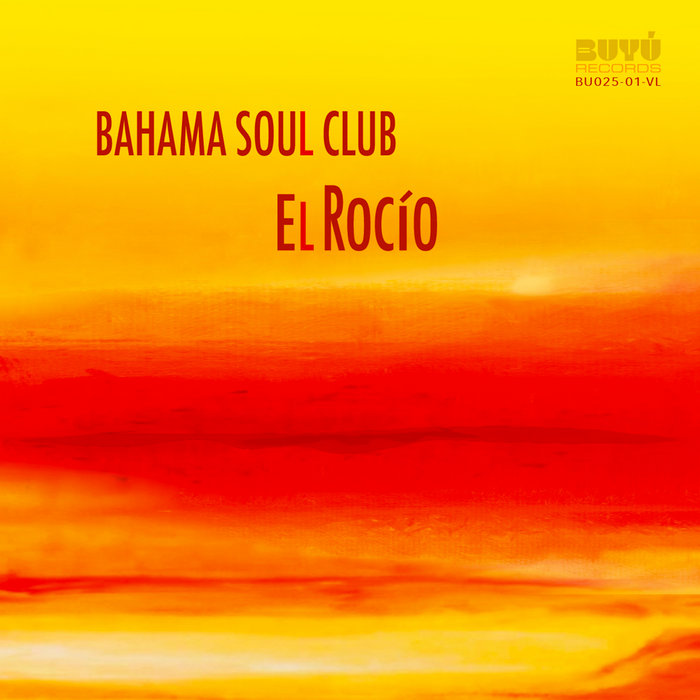
EL ROCÍO – Bahama Soul Club
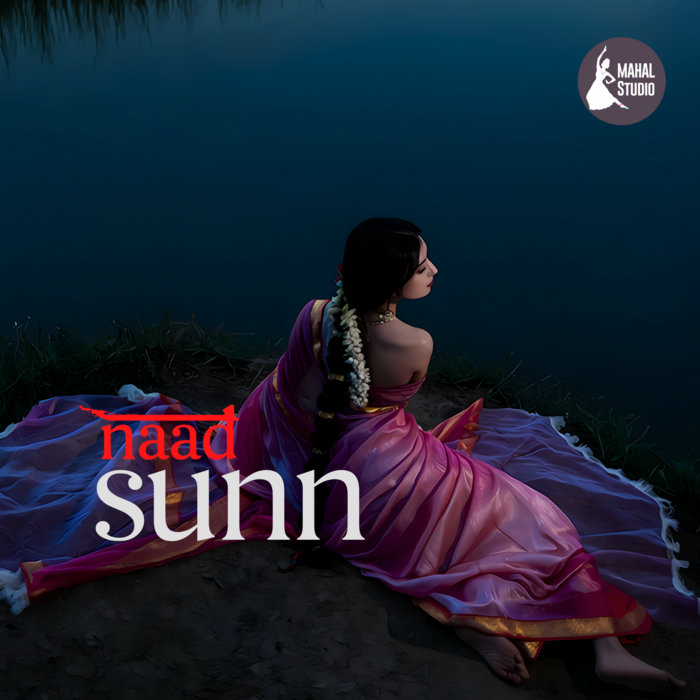
Payaliya – Naad
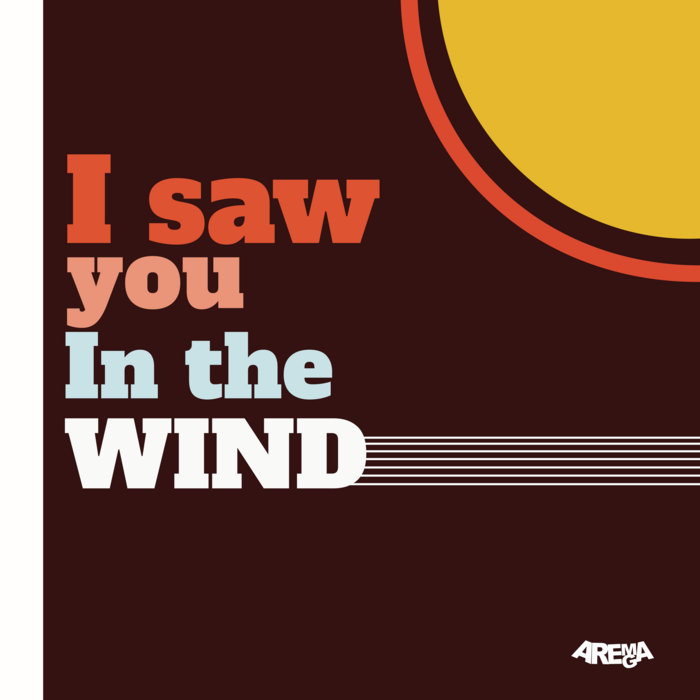
I saw you in the Wind – Arema Arega

DJ Pantelis – El Comandante – DJ PANTELIS
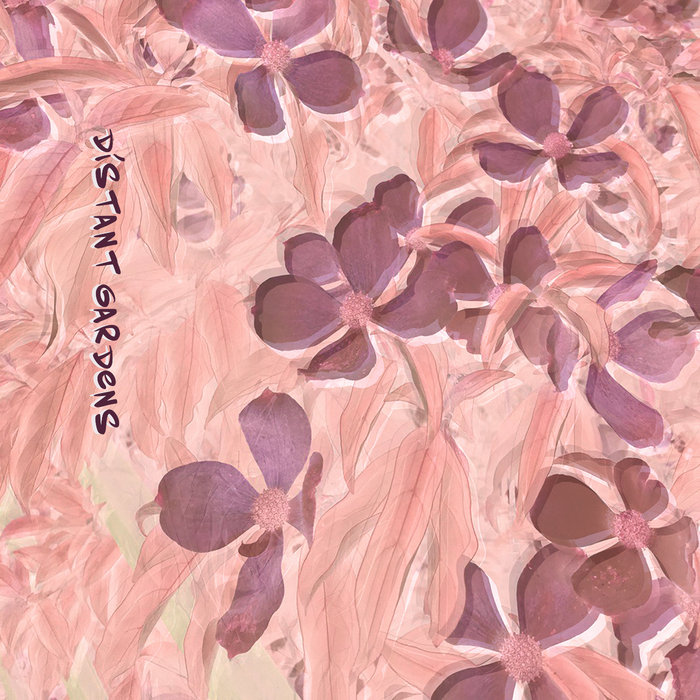
Distant Gardens – Jane Maximova & Dmitry Raschepkin
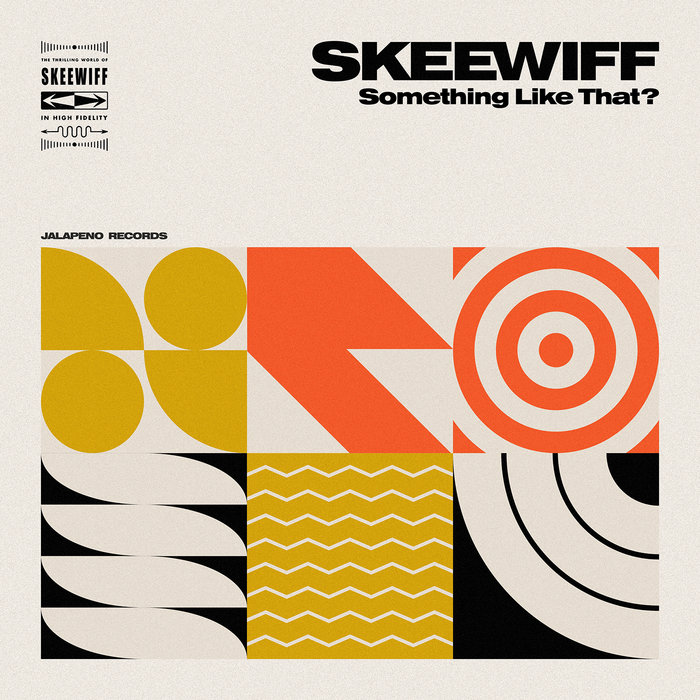
These Boots are Made for Walking – Skeewiff